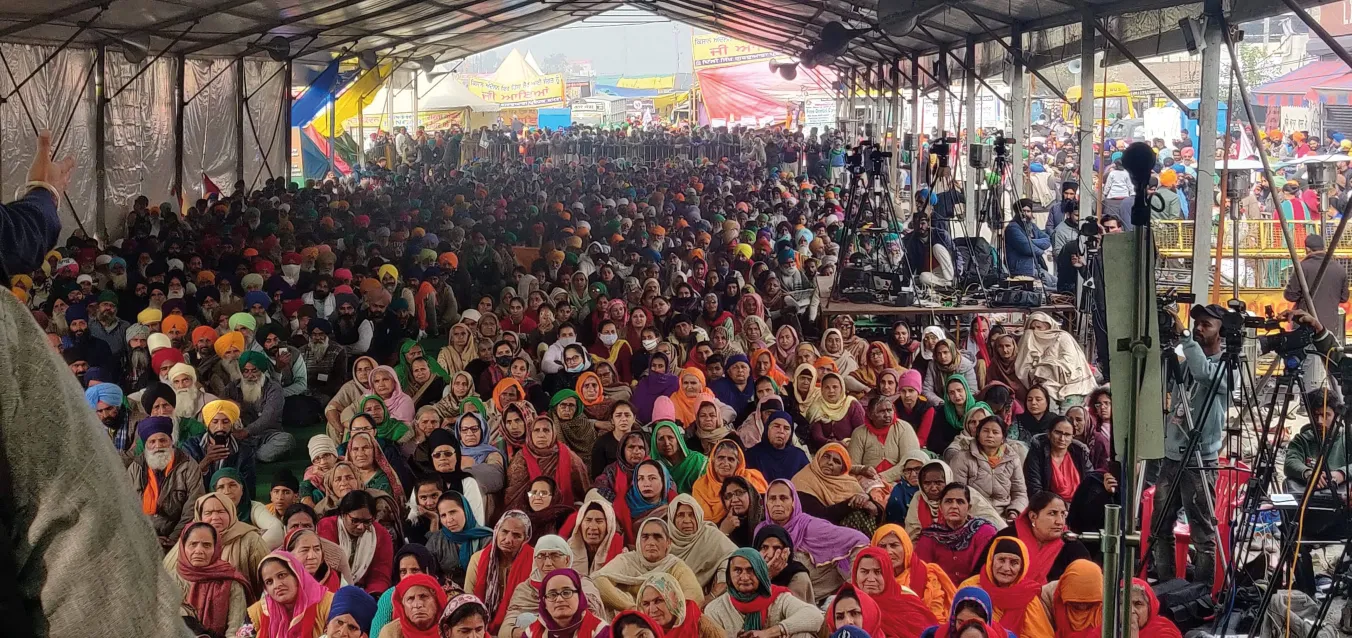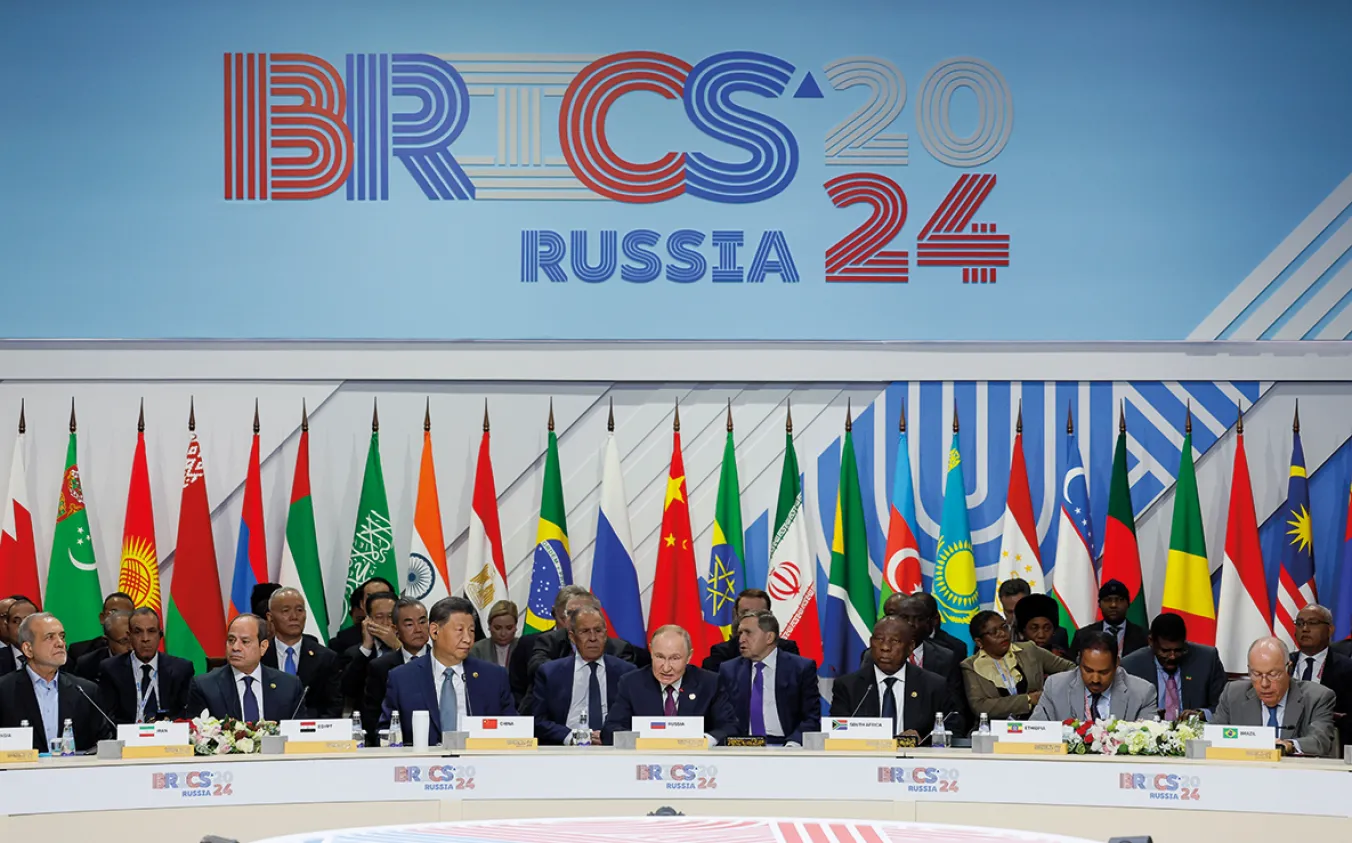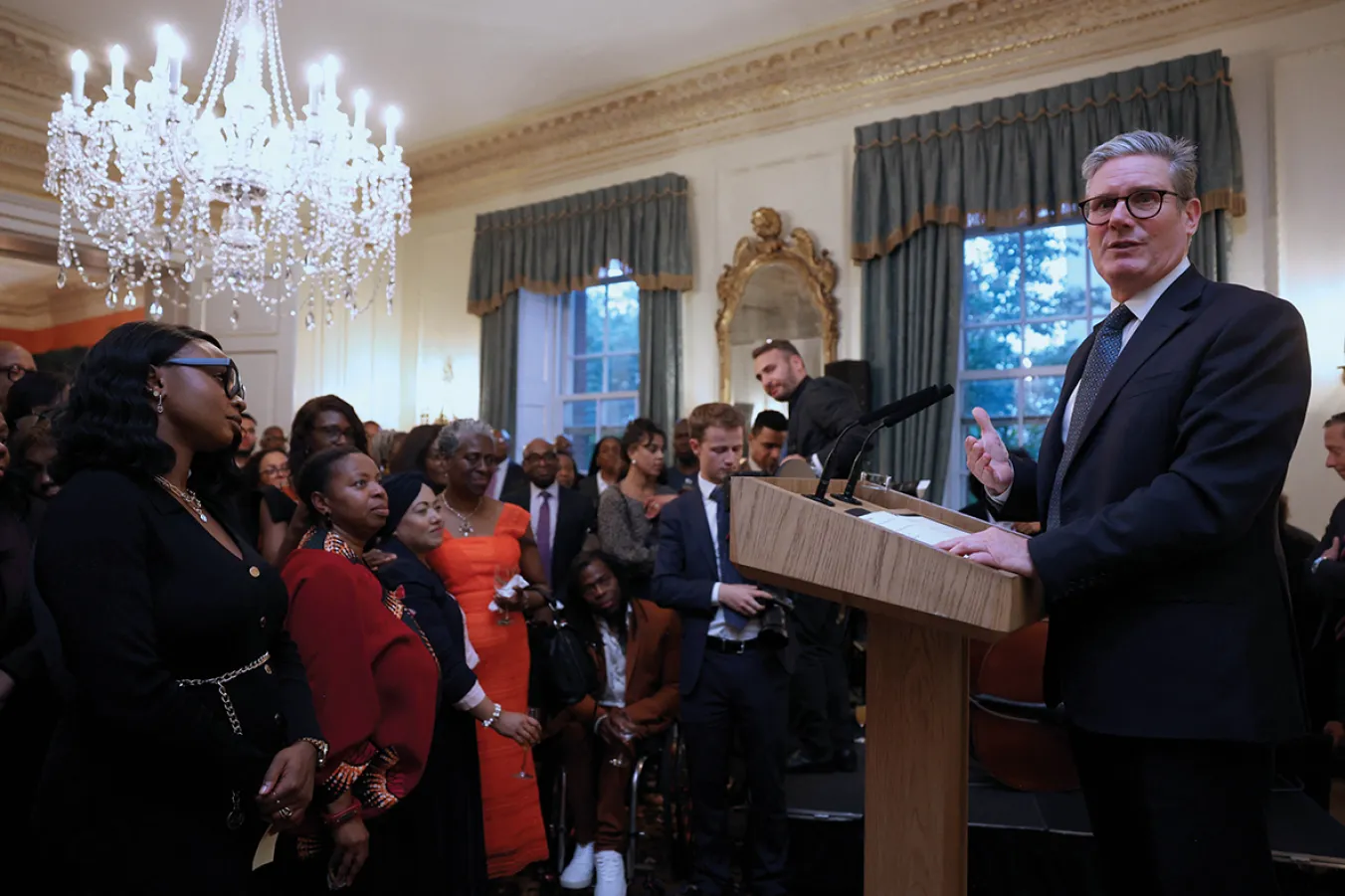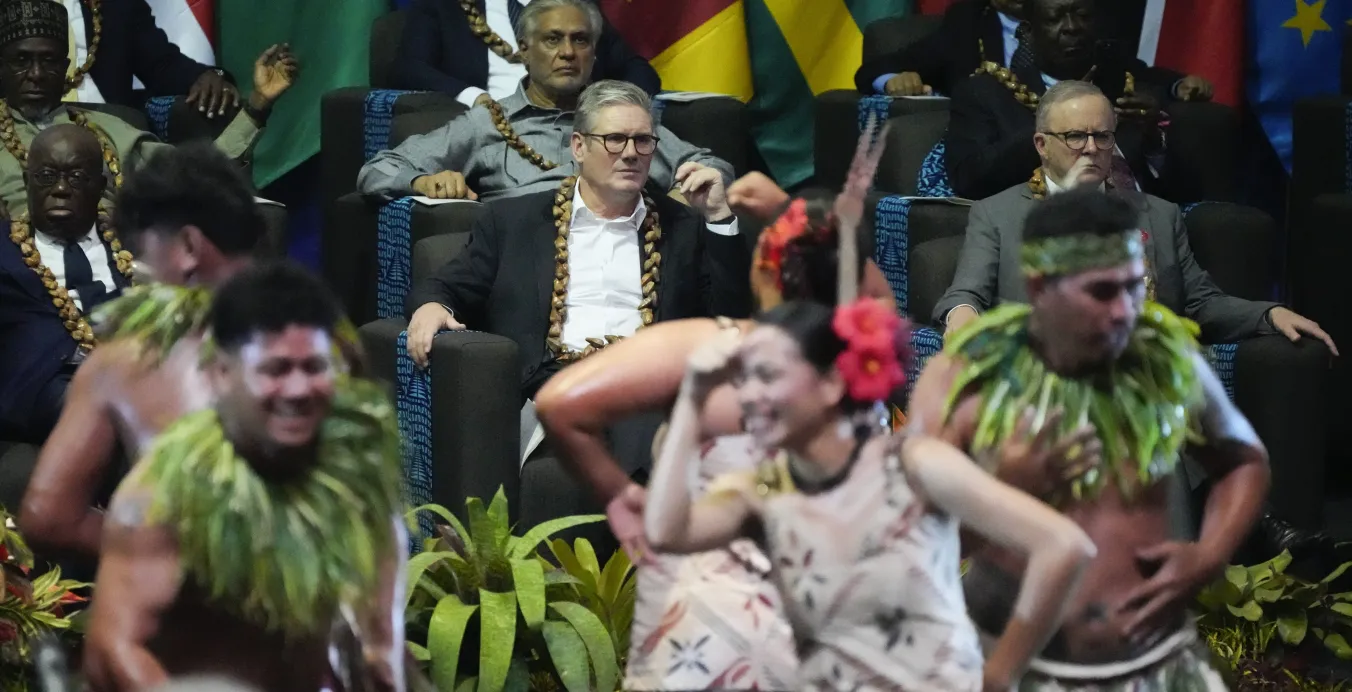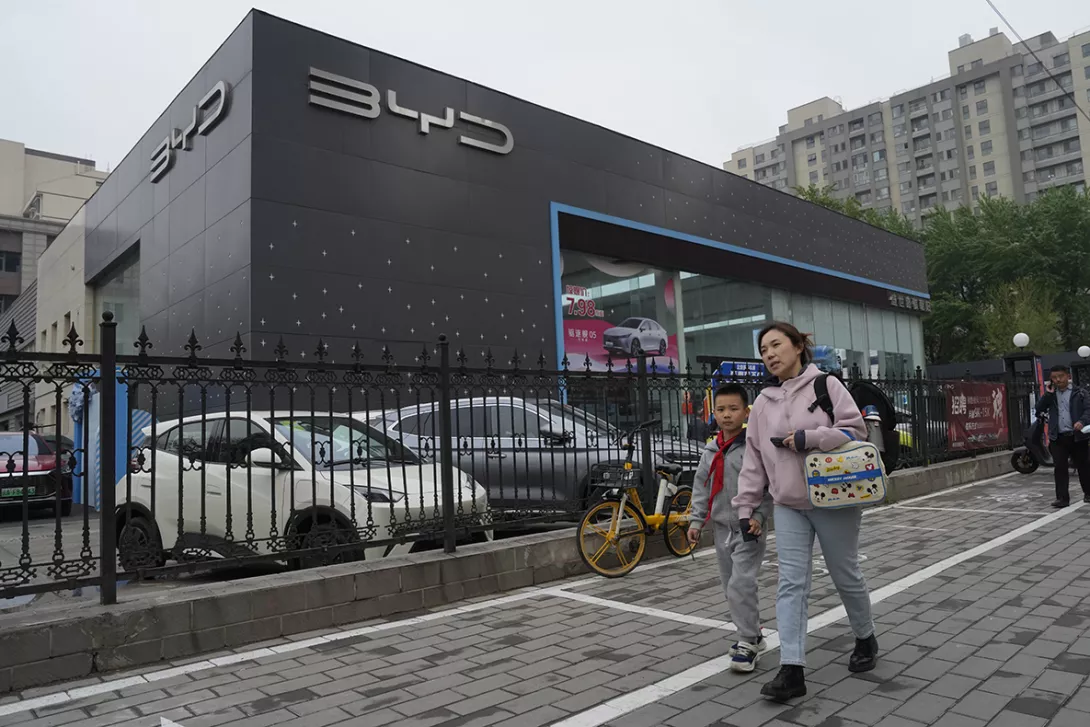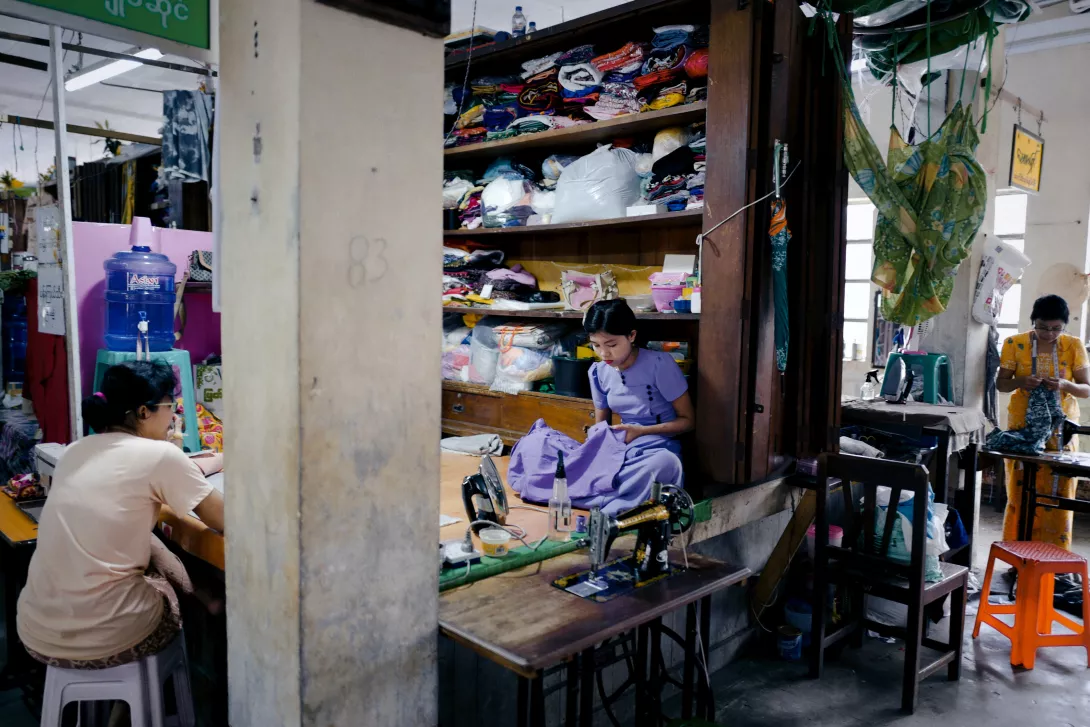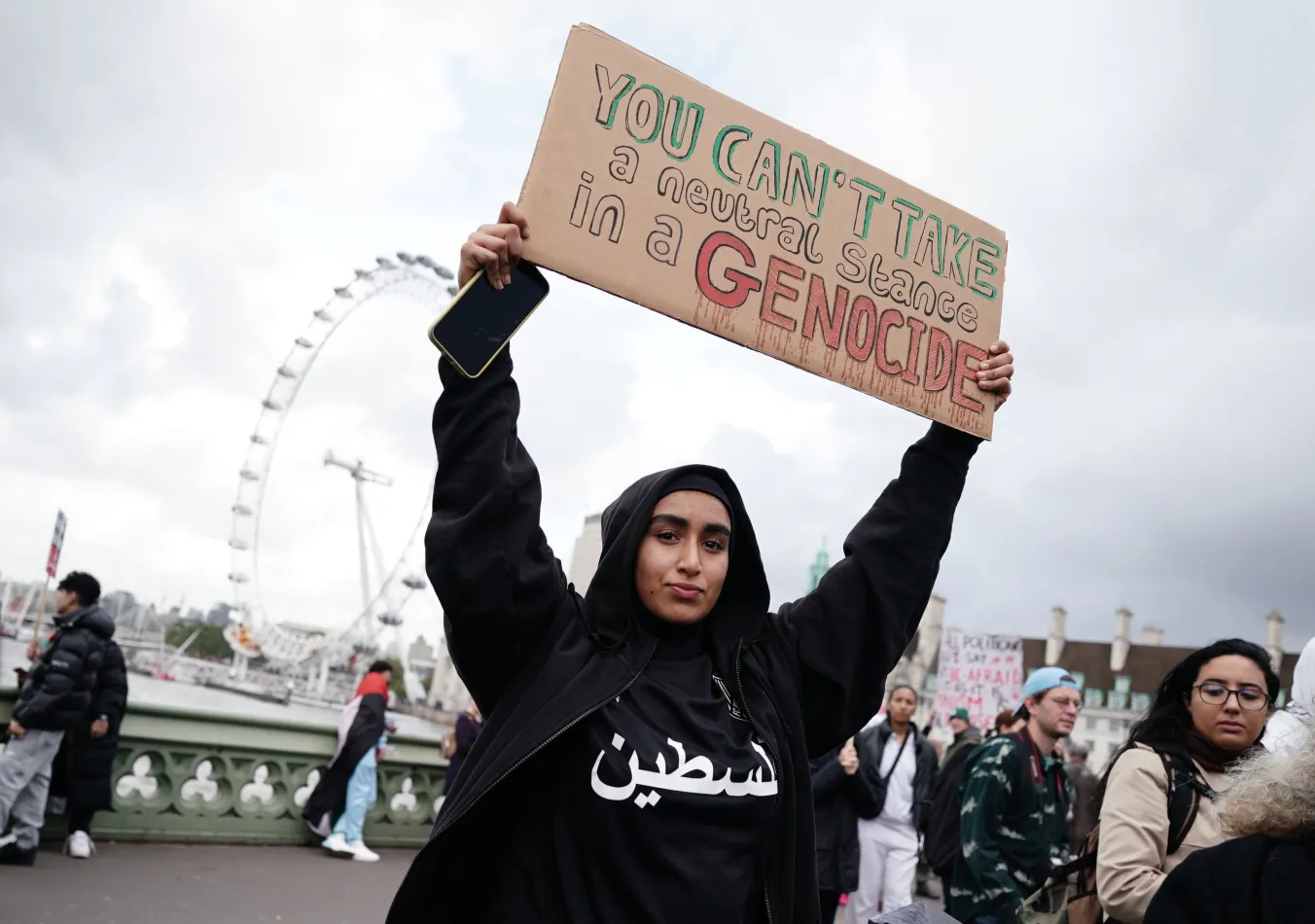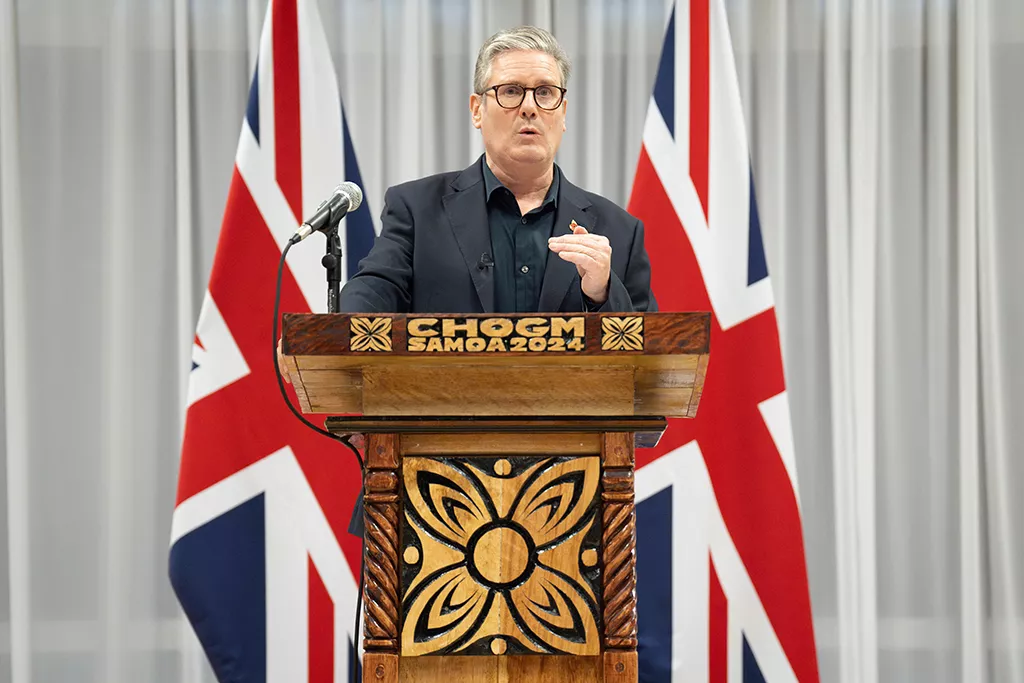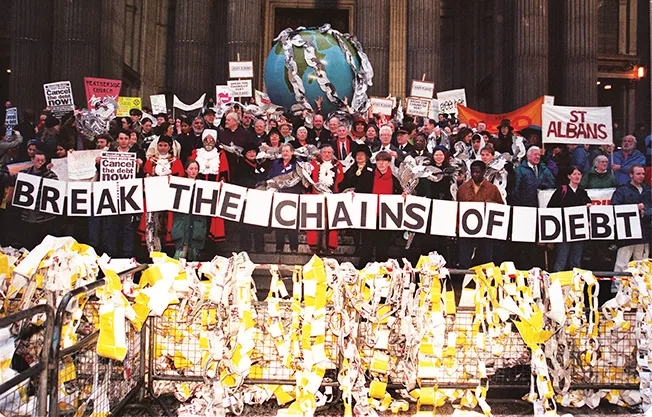
RICH European powers stole more than 20 million people out of Africa, shackled and enslaved them to transport them across the Atlantic, worked them to the bone and then underdeveloped the African continent through colonisation.
They then expected African nations to pay them back for the “privilege” of being exploited.
Any talk of reparations for the evils of slavery and colonialism is waved away with one dismissive hand while the other one is stretched out in the expectation that African nations pay back, with massive interest, the debt they have taken out to try to get their people out of the soul-destroying poverty that many are trapped in.
According to figures from the UN, public debt in the 1.4 billion-person African continent stands at around $1.5 trillion. This means Africa’s public debt has increased by around 183 per cent since 2010, roughly four times higher than its growth rate of gross domestic product (GDP).
Africa’s share of external debt, the money it owes other nations or the IMF or the World Bank, rose from around 19 per cent in 2010 to just shy of 29 per cent in 2022.
External debt as a share of exports, particularly important for Africa where many countries rely heavily on exports, has risen from 74.5 per cent, over the same period, to a staggering 140 per cent.
A recent World Bank report said the average south Asian country had government debts running at around 85 per cent of GDP.
Debt is on the rise in the region due to growing government spending, low domestic revenue and increasing debt service costs.
In Pakistan, the total government debt increased by Rs58.599 trillion (£1tn) from Rs14.89tn (£257tn), with Rs36.55 trillion from (£630 million) from domestic sources and Rs22.050tn (£380m) from foreign sources.
All of this is disturbing enough, and we could analyse other parts of the global South, but more so when you consider that a debt cancellation agreement for low-income countries was reached in 2005 by the foreign ministers of the group of seven leading industrial nations.
This agreement led to $130 billion (£104bn) of debt being cancelled for 36 countries.
But despite this, Debt Justice estimates that “people in 54 countries are currently living in debt crisis, up from 31 in 2018 and 22 in 2015.”
Debt Justice says a debt crisis takes place where debt leads to human rights or life being denied.
I’m not great at maths, but even by my calculations, that means that things are getting worse for the people of the global South rather than better.
On a geopolitical level, debt, I believe, is one of the main reasons for the halting of the forward march of the past Third World project that has since become known as the global South.
The necessary “unpausing” of the march can only really take place if this issue of the debt owed by the global South. The much talked about rise of the global South will not really take place unless this debt question is dealt with.
To press the button to restart the project in a way that will make a difference we have to stop walking the wheel that brings us back to the same place with every step.
Something different has to be done for us to end up in a different place.
We hear a lot about the need for the rich global North nations to make money available to the global South as reparations for the damage that their carbon emissions have caused to the environment.
I agree. I think they should urgently do this. But often left out of this equation is the fact that the global North deliberately underdeveloped the South so that they could steal, whether through military power or forced labour, the abundant resources of places such as Africa and Asia.
This theft has institutionalised poverty across the Third World which leads those nations to have to seek external financial support to provide even the most basic pretence that they are actually in charge of their economies and not completely beholden to the financial institutions and monopoly capital.
The number of people in Africa living in extreme poverty is somewhere in the region of 430 million.
The Asian Development Bank says that 155 million people suffer from extreme poverty in Asia. That feels low to me and I suspect it’s much higher than that.
The bottom line is that if all the nations of the global South continue to pay the interest on the debt then they will remain in perpetual debt.
I think if the rich nations and the likes of the World Bank and the IMF refuse to cancel the debt, as they should, then the global South should refuse to co-operate any longer with this farce and should simply refuse to pay on the basis that they can’t afford it.
Yes — they should take strike action.
This form of strike action by the global South fits in more broadly with what is taking place in west Africa where nations are lining up to rise against the exploitation of the global North where the rich in the richest countries continue to get richer while the working class and peasant communities in the poorer nations — the darker nations — continue to get poorer.
At first glance, this might seem like a far-fetched proposal but it has actually happened before.
Argentina, Ecuador and Paraguay in the past have all refused to repay debts to the World Bank, the IMF and other financial institutions.
When each of these countries stopped paying they all managed to improve wages, pensions and the living conditions of the population.
In an act rarely mentioned, Ecuador even expelled the World Bank’s permanent representative to their country.
It also evicted the IMF from its offices within Ecuador’s central bank and resigned from the International Centre for the Settlement of Investment Disputes, the tribunal of the World Bank, a road that Bolivia had travelled two years earlier.
Those nations returned to economic and financial difficulties when they returned to “playing the rules” — which seems primarily to be anything that the US says that it is.
While I have seen plenty of arguments from the rich nations of the world and the financial institutions about why such a move would be irresponsible I have seen none that says they can’t do it.
I have also seen no reasons why this “can’t pay, won’t pay” approach could not be replicated across Africa or Asian nations and the money used to invest in their own countries to alleviate poverty.
I realise that for this approach to take place the client regimes or gatekeepers installed by the former colonial powers will need to be removed. That’s of course a job for the people on the ground to carry out.
There is no incentive for the numerous eye-wateringly rich individuals and families to bite the hand that feeds the hand that keeps them in power without being forced to do so.
But as the poor get poorer and the rich get richer something will inevitably give.
Our job as socialists is to make sure that when change comes it is not by another regime bent on bleeding the people dry but one that puts people before profits and colonial domination.

